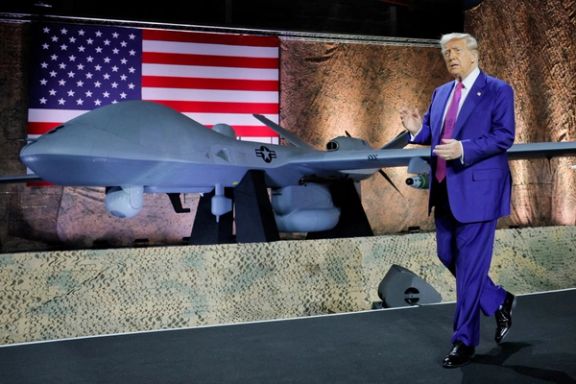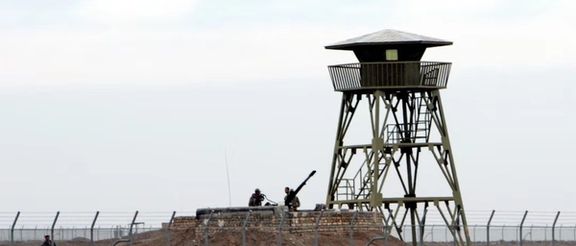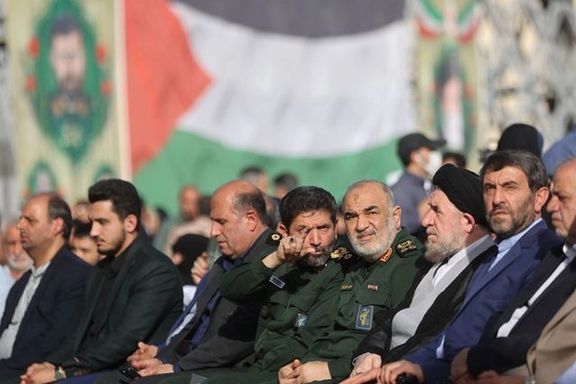IAEA inspections disproportionately scrutinized Iran, atomic chief says
The head of Iran’s Atomic Energy Organization said on Thursday that more than 25% of all International Atomic Energy Agency (IAEA) inspections in 2024 were conducted in Iran, despite the country accounting for only about 3 percent of the global nuclear industry.
“All of the country’s nuclear activities have been carried out within the framework of cooperation with the International Atomic Energy Agency and are under the continuous supervision of this body,” state media quoted Mohammad Eslami as saying on the sidelines of the closing ceremony of the 31st National Nuclear Conference in Mashhad.
"Currently, IAEA inspectors regularly, both in announced and unannounced visits, inspect the country’s nuclear facilities," he added.
Eslami criticized what he described as double standards, unfair treatment, and negative media narratives targeting Iran. “This is a repetitive and worn-out issue that has never and will never prevent our progress,” he said.


